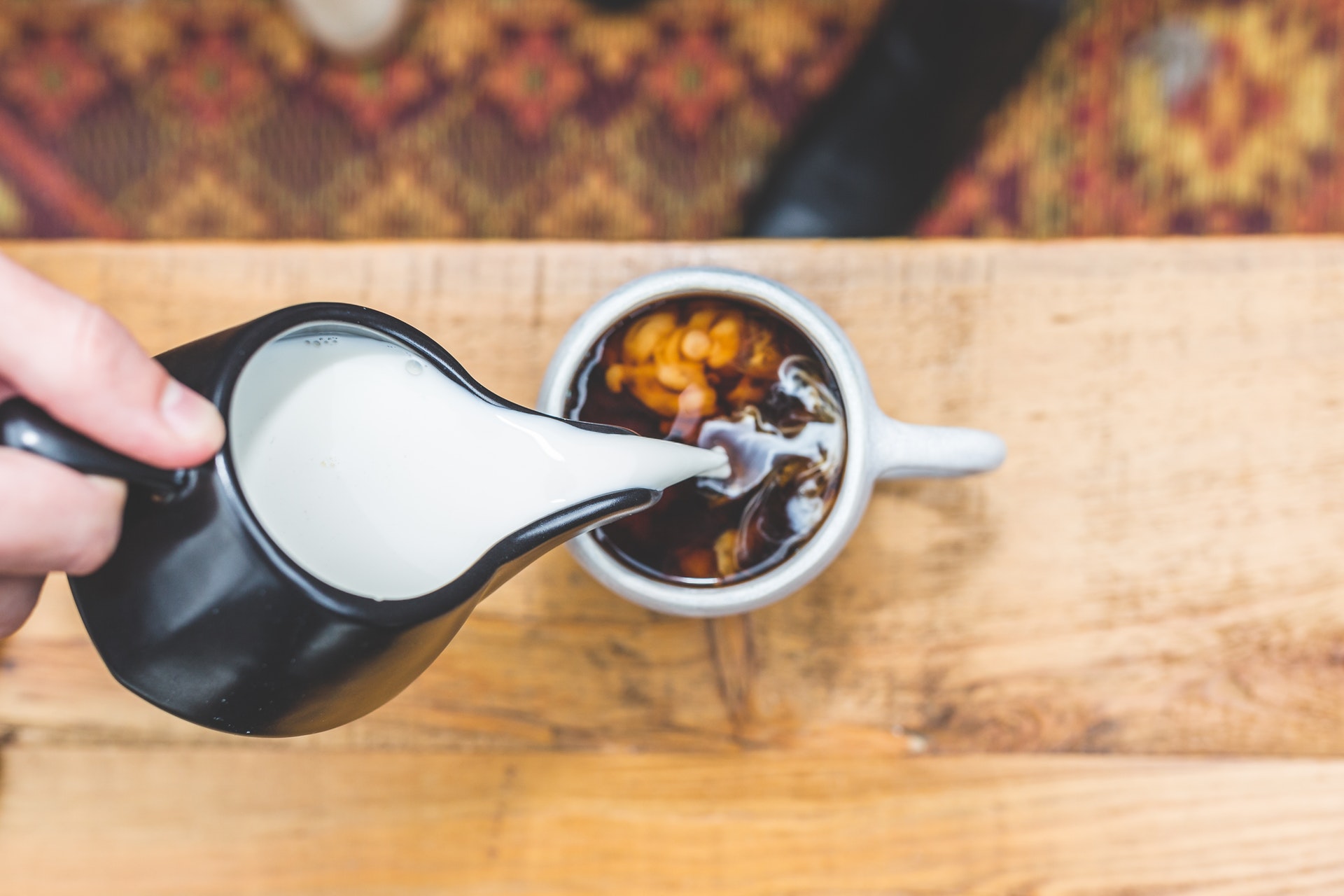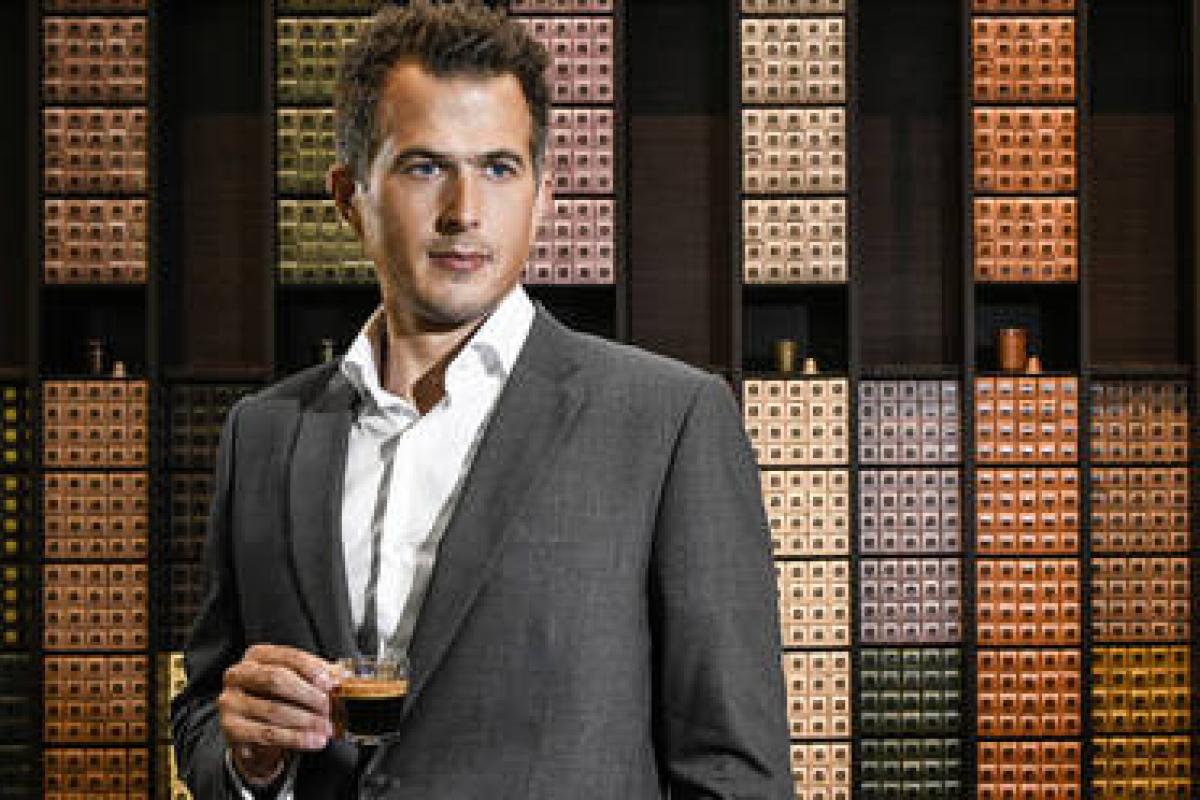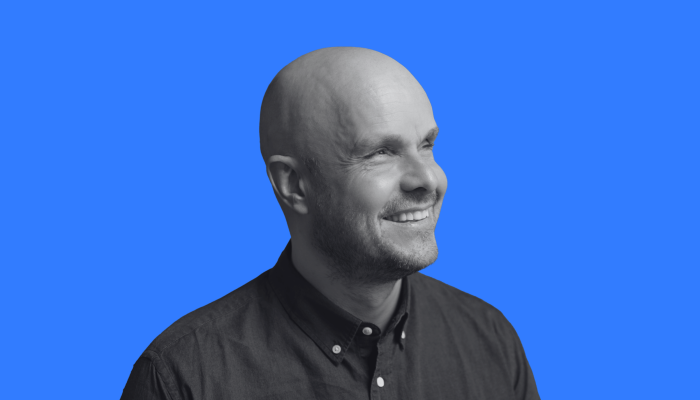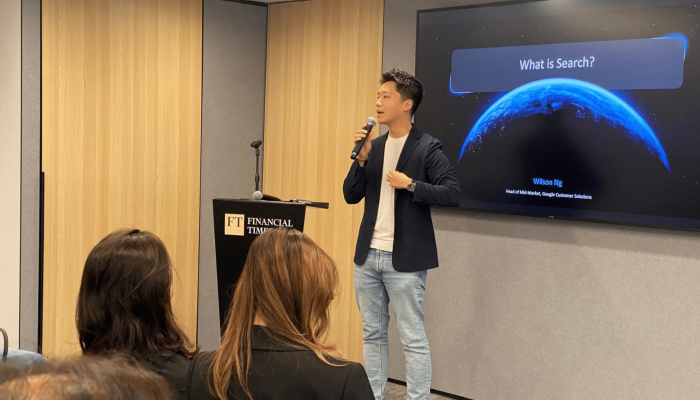Coffee culture in Hong Kong has continued to bloom. When we think of quality homemade coffee, it’s difficult not to mention the rapid growth of Nespresso and how its aromas have conquered the fragrant harbour. Marketing’s Inti Tam spoke to Roger Staeheli, country manager of Nespresso Hong Kong, about how the coffee giant’s direct consumer strategy and product innovation has driven the business forward.
As soon as Roger Staeheli arrives at Nespresso’s boutique store at IFC mall, he orders his daily Fortissio Lungo, which is fullbodied and rich in aroma, to start his day. Acutely aware of the fact I am very sensitive to caffeine, the coffee connoisseur suggests I give the decaffeinated product a shot – so I can still taste one of his products.
With a cup of lowintensity decaf Vivalto Lungo Decaffeinato handed to me, he proceeds to give me a short lesson on coffee tasting and appreciation.
For example, he instructs me to look at the tancoloured foam that rests on top of our drinks, explaining that when coffee beans are roasted more, the foam gets darker.
Coffee brewing has been around for thousands of years, but with the invention of the coffee machine, people can enjoy a quick and hot cup of coffee with just one button – rather than the lengthy traditional method of brewing a cuppa.
Founded in 1986, Nespresso is often regarded as a gamechanger because it provides the convenience of brewing quality fresh coffee at home at an accessible price.
This July, Nespresso Hong Kong launched its lowest priced and smallest coffee machine, the Essenza Mini, at HK$988.
Staeheli says the petitesized machine not only fits local households better, it also appeals to younger generations and firsttime purchasers.
“It’s common for the firsttime buyer to start with a smaller machine, and as Hong Kong people move flats a lot, hopefully they are willing to upgrade to a bigger and more highend model in the future,” he says.
Meanwhile, Nespresso has also lowered some of its coffee machine prices by around 10% to align with the global market as part of its pricing strategy.
Coffee has long been part of the modern lifestyle and modern culture – in a sense, the way people enjoy their coffee reflects the culture and society they are in.

Hong Kong has a rich teadrinking culture, but a growing taste for coffee has been seen in recent years, he says.
When it comes to local coffee drinking habits, he says Hong Kong people tend to like their drinks with milk and sugar in a longer cup.
He adds that local customers like novelty and new experiences so Nespresso will continue to launch limitededition new flavours to cater to their needs.
With many independent artisanal cafés offering interesting new coffee products, it has become imperative for the brand to keep up with current trends; accordingly it will roll out three limited edition coffees in September: “barista” – which includes a creamy cappuccino, a fullbodied espresso macchiato, and an extra intense ristretto – which are favourable to milkbased coffee lovers.
While many Hongkongers can’t wake up at work without their caffeine fix in the morning, Staeheli says generally local people consume one to two cups of coffee every day, while Europeans drink three to four cups a day.
As a Swiss national, where coffee drinking is a welldeveloped habit, he enjoys five to six cups of coffee every day.
In the morning, he has two cups of Fortissio Lungo to kickstart his day. In the afternoon, he switches to short cups of Arpeggio or Kazaar, which remind him of the coffee consumed in Southern European countries. After dinner he opts to indulge in a Decaffeinato Intenso.
In Hong Kong, Nespresso locks in customers directly with its “from the bean to the cup” direct sales strategy throughout the whole coffee journey, without a middleman or distributor. That is to say, if a customer wants to buy Nespresso capsules, they can visit the brand’s three boutique stores located in Kowloon or on Hong Kong Island, or place the order by phone or online.
To communicate with customers directly and understand what they really need, Staeheli says at each boutique they can engage with staff which allows them to gain a deeper understanding of the range of its coffees, the different origins of the beans and the different aromatic profiles, as well as enjoy free coffee tasting.
He says its retail stores are more than just a transactional relationship.

“Through this direct interaction we are also able to hear customers’ feedback so we can improve our products and services to offer the ultimate coffee experience.”
Deeply focusing on the customer experience is pretty much a requirement for modern brands today, and the Nespresso Club was established to engage directly with its members, and give exclusive offers such as personalised services, membersonly events or new product previews.
When asked if the brand has plans to open more retails stores to meet customer needs, he reveals Nespresso is going to open two popup stores in the New Territories, including New Town Plaza in Sha Tin and Yoho Mall in Yuen Long, the latter opening in November on a oneyear lease.
Having opened its first popup store in Causeway Bay in 2014, he says popup stores can increase the proximity and convenience for customers to try and understand the products; provide an opportunity to give customers an insight into the products; offers a great opportunity for the brand to meet new groups of coffee lovers; and to understand their responses to new locations.
When it comes to Nespresso, everyone remembers George Clooney, its iconic global ambassador who began his relationship with the brand in 2005. Staeheli agrees the partnership helped boost brand awareness as it was able to communicate with customers on a broader scale.
He adds the star is now more than just a brand ambassador, as Clooney serves as a member of the Nespresso sustainability advisory board, aimed at improving the lives and futures of coffee farmers.
To help farmers, he says Nespresso has become committed to sustainability throughout its global value chain.
For example, in 2003, it launched the AAA sustainable quality programme in partnership with the Rainforest Alliance to ensure quality, sustainability and productivity in its coffee supply chain, while helping to improve the standard of living for farmers and their families.
“Today, over 80% of Nespresso coffee is sourced from more than 63,000 farmers across 11 countries under the AAA programme to improve social and environmental performance and coffee quality.”
And in its “positive cup” campaign, it is working towards sourcing 100% of its coffee from AAA farms by 2020. Staeheli usually visits coffee farms to understand the coffee sourcing, and his last visit was to Costa Rica.
As Nespresso’s capsules are made of recyclable aluminium, the company has actively encouraged customers to take part in the recycling scheme to give a second life to their used capsules.
Staeheli says the aluminium is sent to a scrap metal collector for remelting into recycled aluminium, while the coffee grounds are taken to local farms to be repurposed as natural compost. Rich in nutrients, the Nespresso coffee grounds fertilise the soil to grow crops, including fruits and vegetables.
Recently, it has partnered with food rescue and assistance charity Food Angel to amplify the recycling programme.
Going forward, he says customers are now getting more and more interested in coffee stories, for example, the originality of coffee beans, a profile of the coffee intensity or what is behind the beverage, so the brand will continue to foster great communication with coffee lovers.
This article originally appeared on www.marketing-interactive.com



